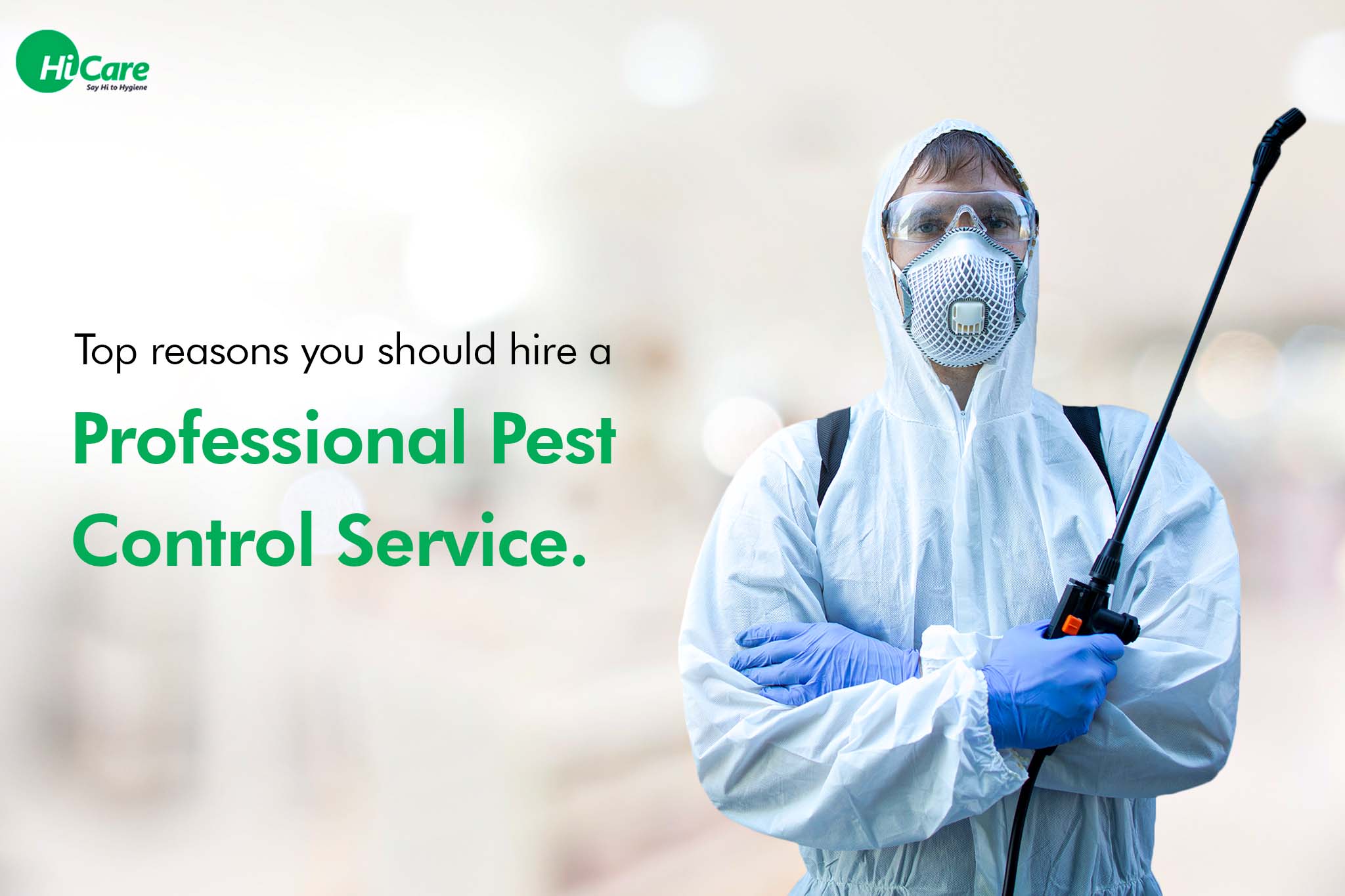Selecting the Best Pest Control Provider: A How-To
Finding the best pest control service can feel challenging, especially with so a variety of options to choose from. Pests can wreak havoc on our homes, causing deterioration and creating health risks, making effective pest control an essential part of home maintenance. If you're dealing with common household pests including ants, cockroaches, or rodents, or are facing seasonal challenges like mosquitoes in the summer and pests seeking shelter in the winter, knowing how to pick the best professional service is crucial for maintaining your home pest-free year-round.
In this guide, we will examine the steps you should take to select a pest control service tailored to your needs. From grasping the various types of pests and their behaviors to debunking common pest control myths, we aim to equip you with the knowledge necessary for making an informed decision. We will also discuss the importance of regular inspections, eco-friendly options, and when to seek professional help versus considering DIY solutions. With the right approach, you can safeguard your home and experience peace of mind, free from unwanted invaders.
Frequent Home Infestations and Control Methods
Households often experience invasions from frequent pests including ants, the cockroach species, and rodents. Ants are typically drawn to food sources and can create nests quickly. To tackle these pests, keep a clean kitchen and seal food in sealed containers. You can use bait traps designed for ants to eliminate the entire colony effectively.
Cockroaches are another common nuisance in houses, known for their resilience and ability to spread diseases. To control them, it's essential to eliminate their hiding spots by reducing clutter and ensuring that spaces behind appliances are tidy. Utilizing pesticides or baits can help, but it is often generally effective to consult professional pest control services to tackle a significant infestation thoroughly.
Rodents, including mice and larger rodents, not only damage property but also pose health risks. Preventing rodent entry starts with sealing cracks and gaps in your house's exterior. If you suspect an infestation, using catching devices and ensuring cleanliness can help. However, persistent issues suggest it may be time to reach out to a pest control expert to ensure comprehensive eradication and future prevention.
Season-specific Pest Prevention Tips
As each time of year changes, so do the types of pests that pose a risk to your property. During the spring season, residents should be cautious against frequent invaders like mosquitoes. Frequently inspecting for signs of these critters and sealing any cracks in your home can significantly reduce the likelihood of an infestation. Additionally, upkeeping your garden and keeping it devoid of standing water will help stop mosquitoes from breeding nearby.
Summer introduces a entire set of challenges, with pests like wasps and flies becoming more common. Now is the time to confirm that windows and doors are equipped with appropriate screens to prevent these insects out. Securing queen creek pest control stored properly and cleaning up outdoor spaces after events can prevent pests attracted to leftovers. Using natural deterrents, such as lemon grass candles or essential oils, can also help in ensuring a pest-free environment when spending time in your outdoor space.
As the temperatures drop in autumn, rodents often search for warmth and shelter in homes. To fight against this, homeowners should focus on rodent control by sealing access points, like gaps around tubes and vents. It is essential to keep food stored in sealed containers and reduce disorganization where pests can hide. Winter brings its own set of challenges, as pests like cockroaches and certain bugs may enter to escape the cold. Regular inspections and proactive measures, such as keeping cleanliness and proper waste management, will aid keep these winter pests at bay.
The Truth About Myths Surrounding Pest Control

Numerous homeowners cling to widespread myths about pest control, which can cause unproductive approaches and ongoing infestations. A common belief is which states that leaving out traps or bait is sufficient to handle serious pest problems. Even though traps can aid keep an eye on and reduce pest populations, they are not a full-proof remedy. Often, the underlying issues, like entry points or environmental conditions, need to be resolved to secure lasting control.
A different myth is which claims that natural remedies are consistently safer and better than chemical treatments. Even if some natural solutions can definitely be useful, they are not consistently effective against all pests. As an example, many people believe that essential oils can repel pests, but the strength and way they are applied are crucial for effectiveness. In reality, professional pest control services often utilize a combination of methods, balancing safety and efficacy to manage infestations effectively.
In conclusion, there's a common assumption that pest control is exclusively necessary when infestations become visible. In reality, regular inspections and preventive measures can save homeowners from more significant concerns down the line. Ignoring pest control until a problem escalates can result in increased damage, health risks, and higher costs. Understanding these myths enables homeowners to make informed decisions about pest management and to seek professional help when needed.